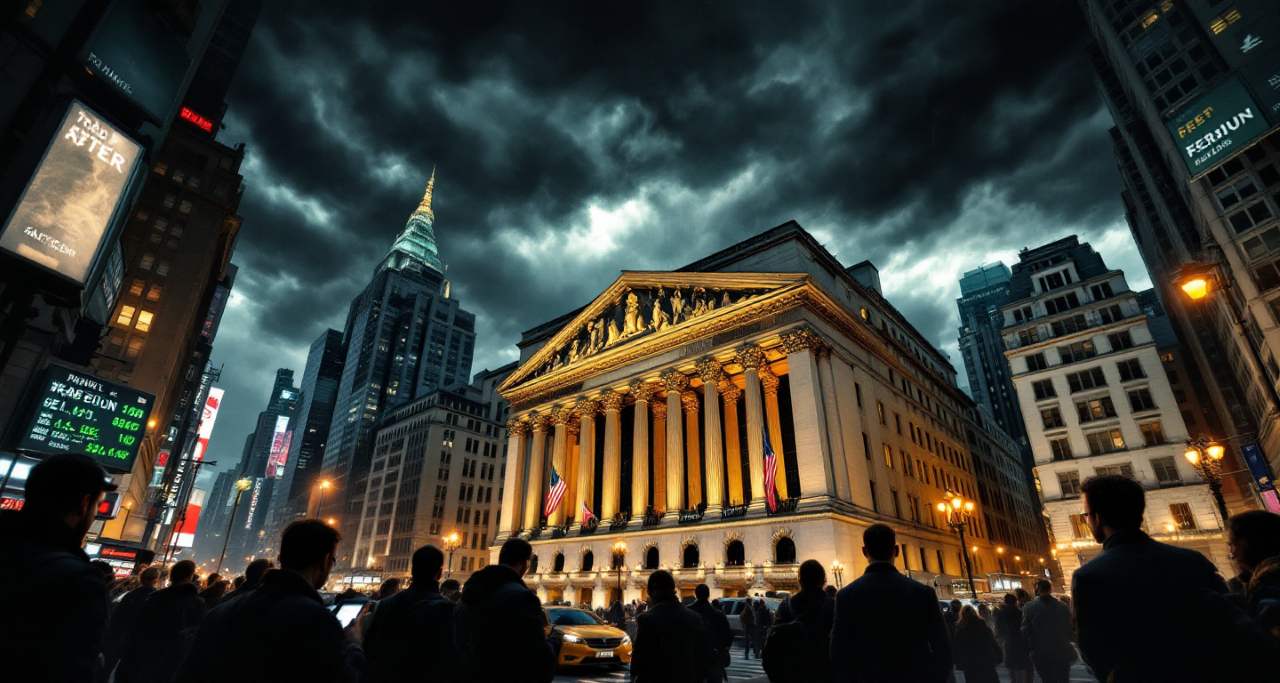
The U.S. economy is teetering on the edge of a potential recession, according to a stark warning from Goldman Sachs.
The investment bank has raised its recession probability to 35% over the next 12 months, up from 20%, as the escalating trade war and rising tariffs under President Donald Trump’s administration threaten to derail economic growth.
This shift in Goldman’s outlook comes as the White House prepares to implement sweeping new tariffs on imports, a move that economists fear could stoke inflation, weaken consumer confidence, and further strain an already fragile global economy.
The Numbers Behind the Warning
Goldman Sachs economists, led by Ronnie Walker, have revised their forecasts to reflect the growing economic risks. The average tariff rate on all goods is now expected to rise to 15% in 2025, a significant jump from previous estimates. This increase, coupled with the administration’s aggressive trade policies, has led Goldman to slash its GDP growth forecast for 2025 to just 1%, the lowest since the pandemic-induced recession of 2020.
Inflation is also expected to climb, with Goldman projecting a year-end rate of 3.5%, up from 2.8% just a month ago. Unemployment, meanwhile, is forecasted to rise to 4.5%, the highest level since October 2021.
The stock market is not immune to these pressures. Goldman strategists have downgraded their expectations for the S&P 500, predicting a 5% decline over the next three months. The index, which has already seen a 6.3% drop in March, is on track for its worst month since September 2022.
The Trade War’s Toll
President Trump’s latest tariff announcement, set for what he has dubbed “Liberation Day,” marks a significant escalation in the trade war. The president has signaled his intent to impose substantial import taxes on all trading partners, reversing earlier promises of leniency.
While the administration argues that these measures are necessary to correct trade imbalances and protect American industries, critics warn that the economic fallout could be severe. UCLA economist Clement Bohr cautioned that the president’s policies could make him “the author of a deep recession.”
The tariffs are expected to drive up consumer prices, further straining household budgets already stretched thin by inflation. Businesses, facing higher costs for imported goods, may be forced to cut back on hiring and investment, compounding the economic slowdown.
A Delicate Balancing Act for the Fed
The Federal Reserve now faces a challenging balancing act. While the central bank has signaled its willingness to cut interest rates to support the economy, persistently high inflation could limit its ability to act. Higher borrowing costs would weigh on corporate profits and consumer demand, creating a feedback loop that could deepen the downturn.
Goldman’s warning underscores the precarious state of the U.S. economy. The combination of rising tariffs, slowing growth, and inflationary pressures creates a perfect storm that could tip the country into a recession.
What’s Next?
As the trade war escalates, the stakes for the U.S. economy have never been higher. Policymakers must weigh the short-term pain of protectionist measures against their long-term goals, while businesses and consumers brace for the fallout.
For now, the message from Goldman Sachs is clear: the risks are rising, and the road ahead is fraught with uncertainty. Whether the U.S. can navigate these challenges without slipping into a recession remains to be seen, but one thing is certain—2025 is shaping up to be a pivotal year for the global economy.
